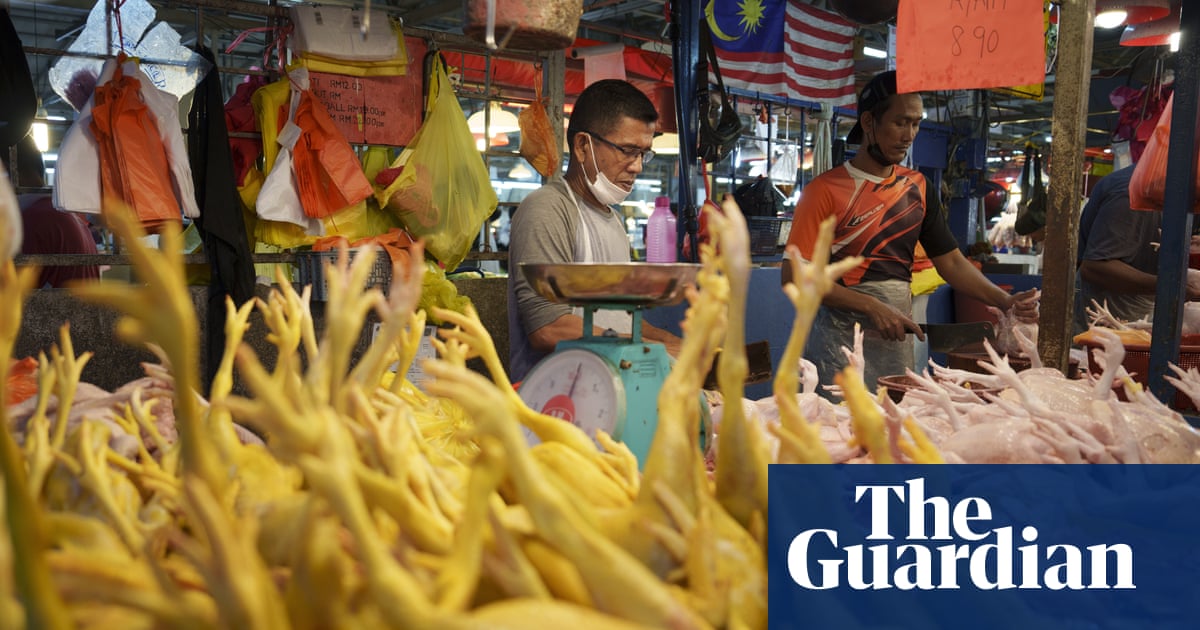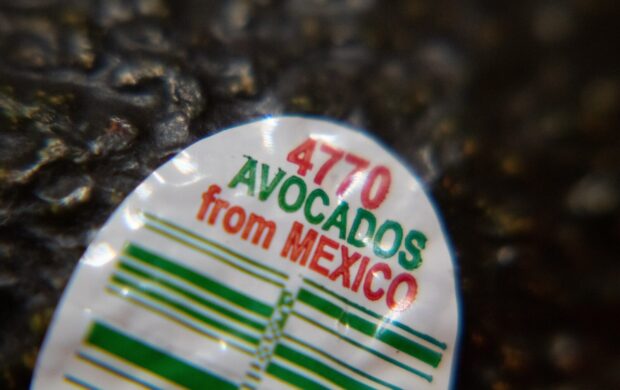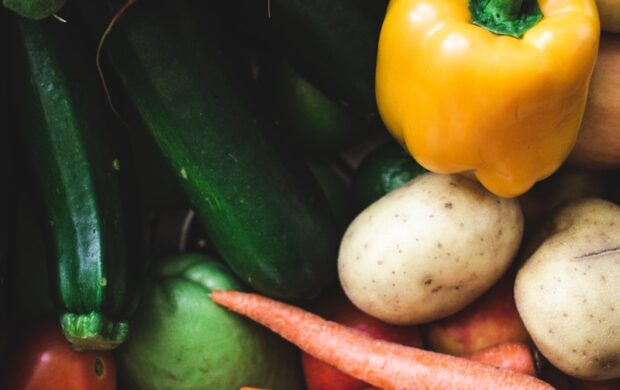Malaysia has banned the export of chicken to it’s neighbour, Singapore, in an attempt to control domestic prices as they increase.

Many food vendors in Singapore rely on imports from Malaysia and have expressed fears over the future of their business. The nation’s Food Agency has encouraged people to buy frozen chicken which is imported from countries across the world, or to adapt their diet and switch to meat and fish.
Malaysia is not the first country to implement protectionist policies, with Indonesia recently banning the export of palm oil.
So what?
Whilst some argue that this was a response to the Ukraine-Russia war, could it just be a response to disruption in general? Either way, it will undoubtedly re-shape our lives and habits with Singaporeans reimagining their national dish of chicken of rice.
Will other nations follow Malaysia and Indonesia? And how else will diets need to shift in the face of such disruption?























Join discussion